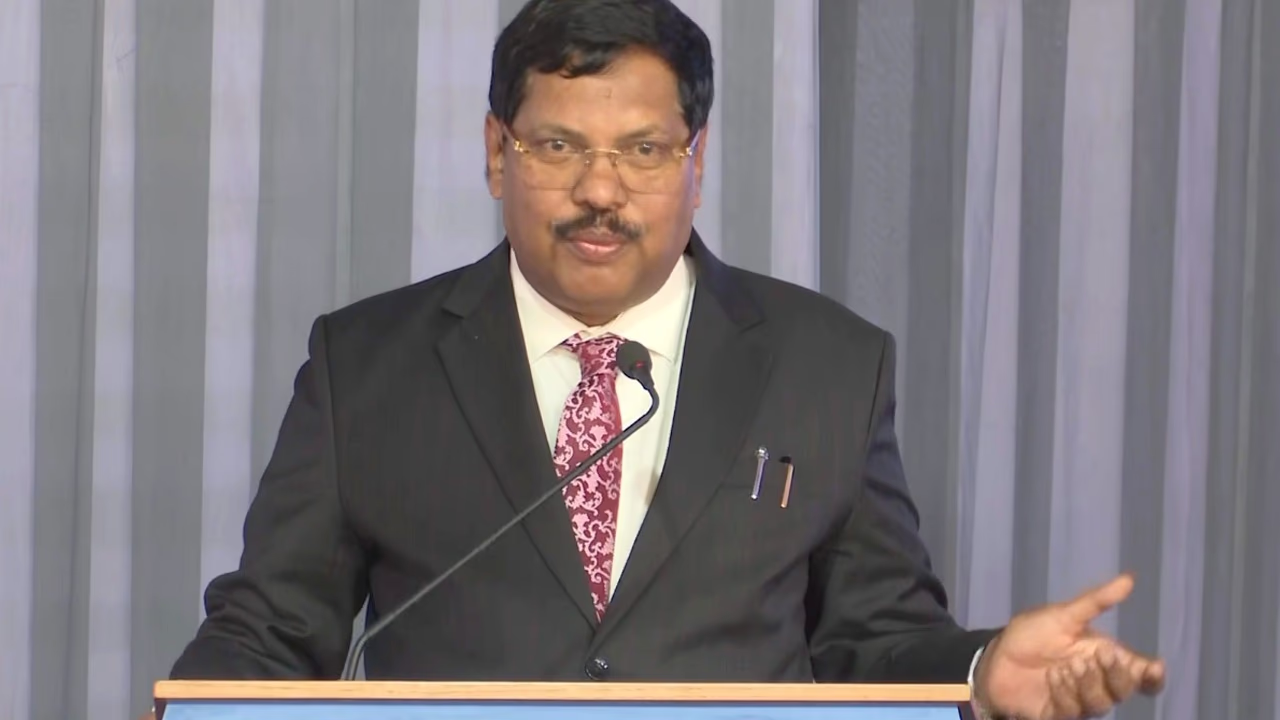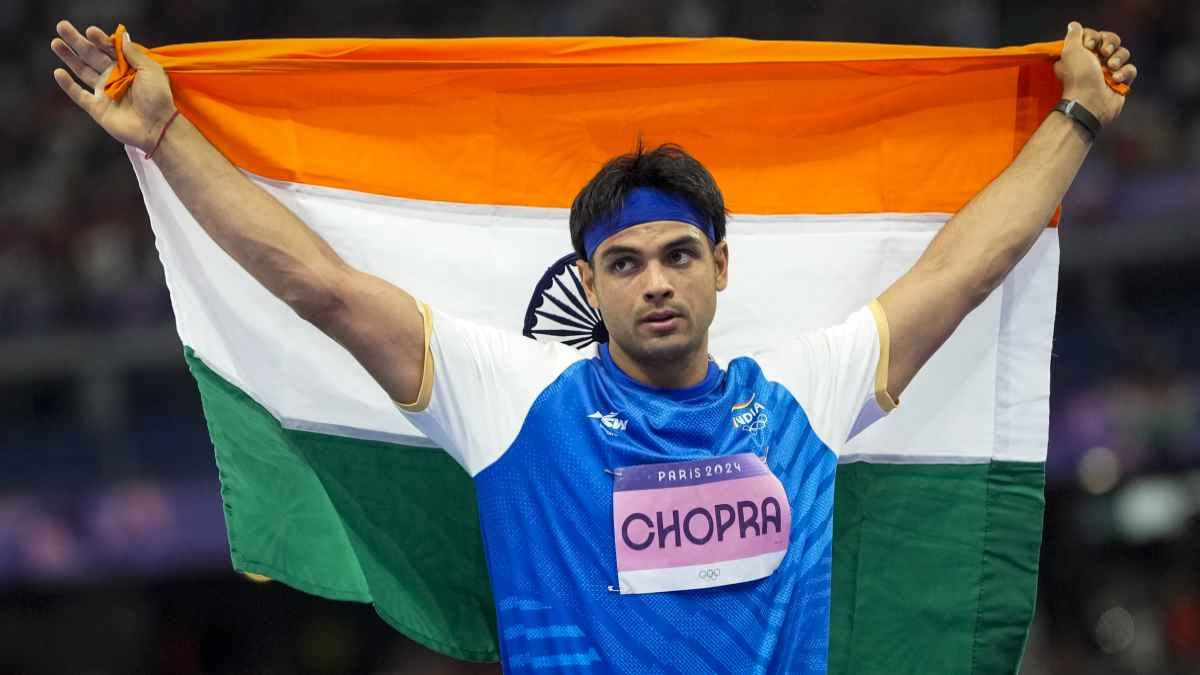Justice B. R. Gavai of the Supreme Court recalled the visionary words of B.R. Ambedkar, the chief architect of the Indian Constitution, emphasizing that political democracy cannot sustain without social democracy. On the 135th anniversary of Ambedkar's birth, Justice Gavai celebrated his monumental contributions to India's nation-building.
Justice Gavai referred to the term 'Bheemsamriti,' noting that because Ambedkar hailed from the Scheduled Castes, some labeled the Constitution 'Bheemsamriti.' However, under this Bheemsamriti, India witnessed remarkable social progress.
Addressing the inaugural 'Dr. Ambedkar Memorial Lecture' at the Dr. Ambedkar International Centre, Justice Gavai, recognized as the second most senior judge after the Chief Justice, lauded Ambedkar as one of the nation's greatest sons and a visionary who contributed significantly as an economist, social reformer, and scholar.
He remarked that the journey of all constitutional organs—legislature, executive, and judiciary—over the past 75 years has been fruitful, stating: "In my view, dismissing this 75-year journey as unsatisfactory would be unjust to the efforts of our constitution makers and all branches of governance."
The Indian Constitution has passed the test of time, forging a strong, stable, and unified nation.
Highlighting Ambedkar's speeches, Justice Gavai illustrated how India has advanced in these 75 years and how Ambedkar's vision and experiences shaped the Constitution.
Justice Gavai said, "Reflecting on Indian history, he (Ambedkar) reminded us of the invasions and the times we lost our freedom, warning us never to allow such loss of hard-won freedom and democracy again. Therefore, he asserted that mere political democracy isn’t enough; it must be underpinned by social democracy."
Sharing a personal note, Justice Gavai mentioned, "I'm fortunate that my father worked alongside Dr. Ambedkar, fighting as a warrior for social and economic justice. I stand here due to Dr. Ambedkar and the Indian Constitution."
As Gavai prepares to be India's next Chief Justice, he recalled K. M. Jhedhe's speech, who noted how Ambedkar's position made some call the Constitution 'Bheemsamriti.'
Justice B.R. Gavai said, "Jhedhe mentioned that some members congratulated Dr. Ambedkar by calling him Manu, which Ambedkar detested. They said they would call him Bheem and tell the public he shaped Bheemsamriti. I too call it Bheemsamriti, though I belong to the touchable classes."
Justice Gavai admired the transformative changes in India's social fabric attributed to Ambedkar's visionary influence on the Constitution's provisions.
He pointed out that, over 75 years, a once caste- and creed-ridden nation has had Presidents like K.R. Narayanan and Ram Nath Kovind from Scheduled Castes, and women Presidents like Pratibha Patil and the first tribal woman President, Draupadi Murmu. The country also had Speakers from Scheduled Castes, like Balayogi and Meira Kumar.
"We have had a Dalit Chief Justice, K.G. Balakrishnan," noted Justice Gavai. The Prime Minister hails from a modest background, proud to credit the Constitution for his ascent to leadership.
Justice Gavai further stated that despite external invasions and internal challenges, the country remained unified and resilient, adapting the Constitution to changing needs. He emphasized that, comparing neighboring countries, the relevance of Ambedkar's proposals is evident. The Constitution is not a static document; it stays vibrant and adaptable over time."




